Dikic honored for his ‘unselfish commitment to training and to the advancement of the scientific com
Ivan Dikic, professor and chairman of the Institute of Biochemistry II at Goethe University, is the winner of the American Society for Biochemistry and Molecular Biology’s William C. Rose Award this year.
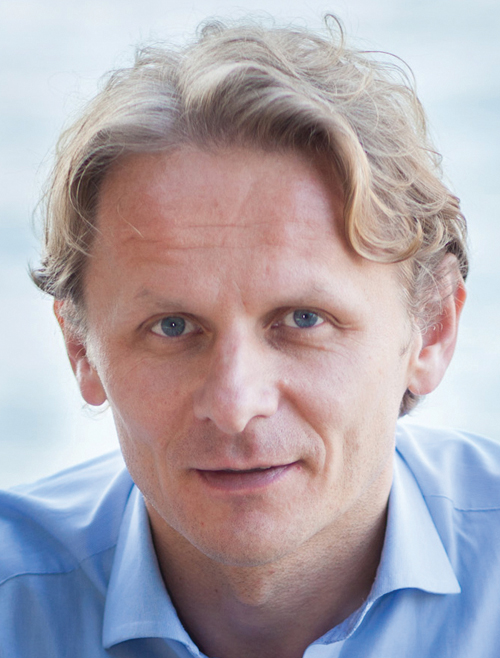
“It is a great honor and a personal joy to be a recipient of the ASBMB award that carries the name of one of the most accomplished biochemists and educators, William C. Rose. For me, the curiosity to discover and the passion to educate go hand in hand in furthering our understanding and inspiring future generations. I wish to share these feelings with students and colleagues in Boston.”
This award seeks to recognize individuals who have made significant contributions to our scientific understanding of biochemical and molecular biology and who have demonstrated a commitment to the training of young researchers.
“Ivan revolutionized our understanding of protein modification by ubiquitination,” writes John D. Scott of the University of Washington, who nominated Dikic for this award. “Ivan’s original work unequivocally defined the molecular basis of ubiquitin decoding. He has earned the highest regards from colleagues.”Dikic is being honored for his seminal work in decrypting the ubiquitin code and his energetic training and education of young scientists. Dikic’s work demonstrates that modifications of proteins by ubiquitin or ubiquitinlike proteins regulate their activities in many different types of signaling pathways. This has led to a greater understanding of complex diseases, such as cancer and autoimmune diseases.
Dikic also initiated and organized the Dubrovnik Conference on Molecular Signaling, which has allowed students and researchers to interact with eminent scientists from around the world.
In his nomination letter, Mark A. Lemmon of the University of Pennsylvania School of Medicine said that Dikic possesses an “active and unselfish commitment to training and to the advancement of the scientific community.”
Dikic earned his medical degree from the University of Zagreb Medical School. He later earned a Ph.D. in molecular biology at the New York University School of Medicine under the supervision of Joseph Schlessinger. After conducting two years of postdoctoral work at New York University, he began work at the Ludwig Institute for Cancer Research in Uppsala, Sweden. Today, he holds professorships at Goethe University and at the School of Medicine in the University of Split, located in his home country of Croatia.
The award consists of a plaque, a $3,000 prize and transportation to the Experimental Biology 2013 conference in Boston to present a lecture.
Dikic will present his lecture at the Experimental Biology 2013 conference in Boston at 2:55 p.m. April 21.
Enjoy reading ASBMB Today?
Become a member to receive the print edition four times a year and the digital edition monthly.
Learn moreGet the latest from ASBMB Today
Enter your email address, and we’ll send you a weekly email with recent articles, interviews and more.
Latest in People
People highlights or most popular articles
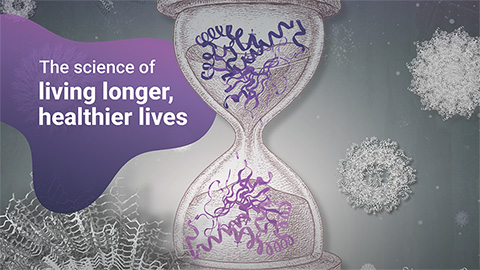
The timekeepers of proteostasis
Learn about the cover of the winter 2026 ASBMB Today issue, illustrated by ASBMB member Megan Mitchem.
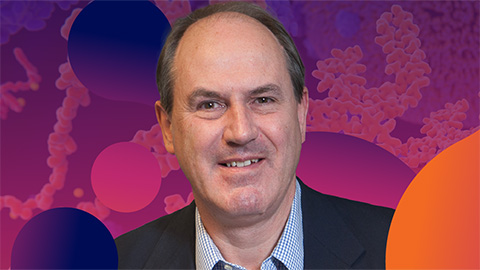
Defining JNKs: Targets for drug discovery
Roger Davis will receive the Bert and Natalie Vallee Award in Biomedical Science at the ASBMB Annual Meeting, March 7–10, just outside of Washington, D.C.
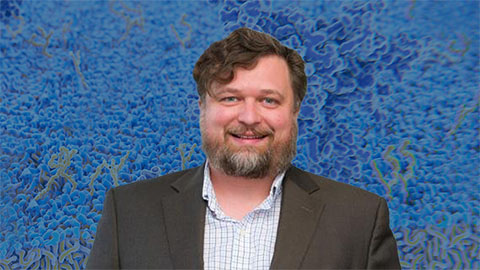
Building better tools to decipher the lipidome
Chemical engineer–turned–biophysicist Matthew Mitsche uses curiosity, coding and creativity to tackle lipid biology, uncovering PNPLA3’s role in fatty liver disease and advancing mass spectrometry tools for studying complex lipid systems.
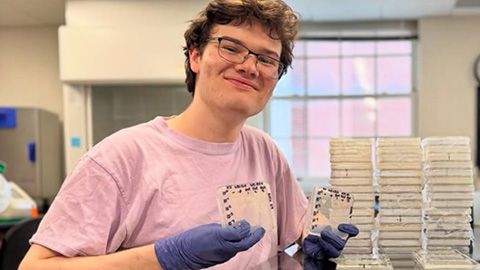
Summer research spotlight
The 2025 Undergraduate Research Award recipients share results and insights from their lab experiences.
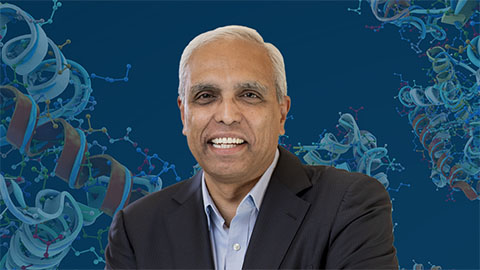
Pappu wins Provost Research Excellence Award
He was recognized by Washington University for his exemplary research on intrinsically disordered proteins.
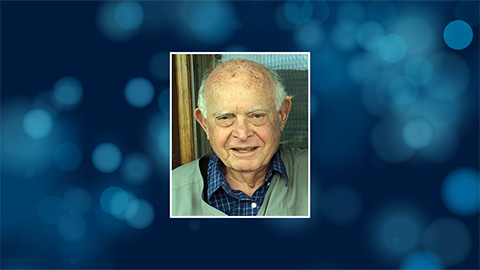
In memoriam: Rodney E. Harrington
He helped clarify how chromatin’s physical properties and DNA structure shift during interactions with proteins that control gene expression and was an ASBMB member for 43 years.

